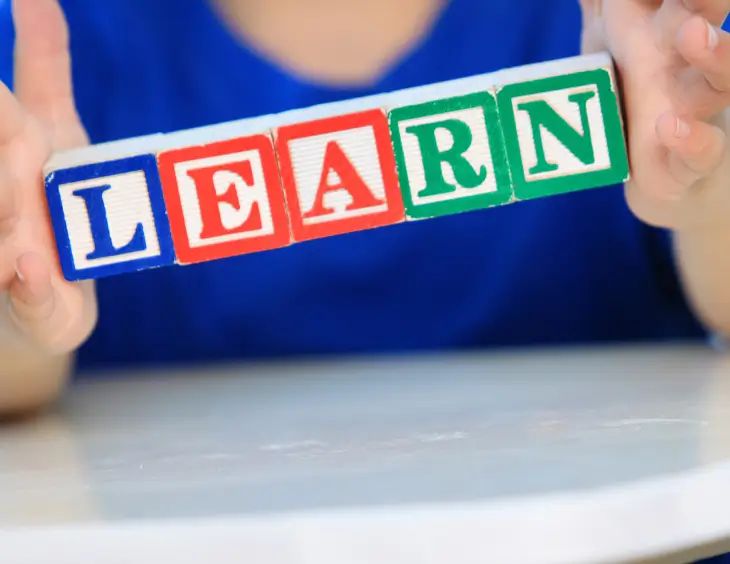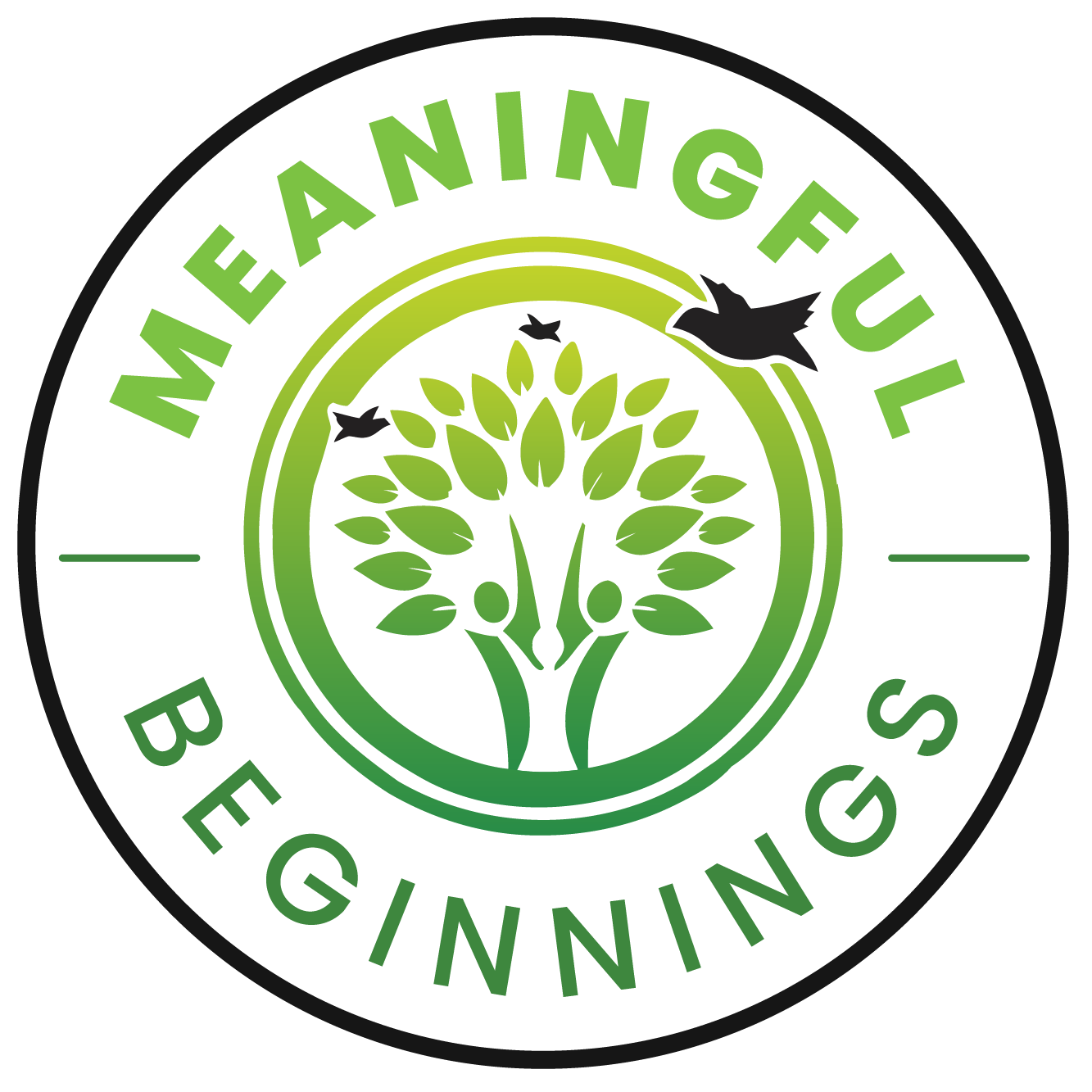Quality early childhood education and curriculum will set your child up for success in the future. This is the time when the brain more rapidly develops than at any stage of life.
From birth, infants stay curious and imaginative. Proper early education helps these young learners become more creative, critical thinkers, and great problem-solvers. From an early age, they can be more confident. They can grow by doing what they find most interesting. Later in professional and adult, this can get them to become more successful.
Studies show the first stage of life which is 0-5 years offers a straightforward path to academic achievement for students between the ages of 6 and 19.
Today we will be talking about the importance of early childhood education curricula 0 to 5 years. So, you can take the best initiative to give proper early education to your child.
What is an Early Childhood Education & Curriculum?
Early childhood education and curriculum means it would be a child-centered approach. Through this approach, kids can learn and develop necessary skills through play. The early years of education help toddlers become independent to make their own choices. They feel good and confident about themselves.
Even though these learning programs are less structured. The curriculum is taught in various fun ways. This is because we can not force kids at this premature age to learn. Rather the curriculum follows an age-specific activity that is best for their growth.
For example, you can ask your toddler to water the plants and help them do it. Over time they will learn how to take care of the plant and learn tree-planting.
A child-centered curriculum:
- Considers children’s needs, interests, strengths, and abilities.
- Encourages play and pursuit of interests. Values children’s input and unique learning styles.
- Communicates effectively with children, families, and educators.
- Adapts to changes suggested by children and educators.
- Build relationships between children, families, and communities.
The Importance of Early Childhood Education and Curriculum for Children between the ages of 0 and 5

Early childhood education programs focus on four key areas of child development: social, emotional, physical, and intellectual growth. There are more benefits of early childhood education. Simply, this education system lays the foundation for the future success of a child.
Enhance Cognitive Skills
Infants are born ready to learn and their early years are most crucial. From the moment they are born up to the age of five, children experience rapid cognitive development. In this stage, 90% of the brain develops.
So, during these early years, engaging activities like puzzles, simple math games, and interactive storytelling from age-appropriate books help kids sharpen their thinking. Their problem-solving skills get better. Moreover, children get to observe, predict, and analyze. Also, the ability to see and hear typically develops before a child’s language skills and cognitive functions start to kick in. By the time a child reaches the age of four, their vocabulary can expand up to four times what it was at age two.
No doubt, all of these are important to building a solid base for cognitive abilities that are beneficial for a lifelong journey of learning.
Boost Physical Growth and Motor Skills
Physical development is just as crucial as cognitive growth during the early years. For physical growth, early childhood education has activities like running, jumping, and playing. There can be tasks as simple as stacking blocks. Children have a fun time with these activities and develop fine and gross motor skills too.
Their muscles grow and become strong. They gain strength and coordination. Your child can become more healthy and active. A physically fit child is less prone to sickness too.
This is why the early years curriculum teaches children through fun activities which is vital for the overall health and well-being of young children.
Advanced Language and Communication Abilities
Surprising to hear but language skills start developing right from birth. Early childhood education can best help nurture this development. Learning a language is not easy. But naturally, kids learn how to talk and interact. With an effective curriculum, you can push your child’s advanced language and communication abilities.
There are songs, reading aloud, and engaging conversations in the curriculum. All the interactions help kids understand better how to use language to express their thoughts and feelings. When they would start learning with others they will talk and listen more.
Thus they can learn valuable communication skills. Also, enhance their vocabulary.
Building Literacy and Numeracy Foundations
Before children start formal schooling, they can begin to grasp basic literacy and numeracy through early childhood education. This literacy and numeracy education may seem a bit tough to you. However, the human brain can learn more critical things and grow IQ if nurtured properly.
With early childhood education, your kid will learn through engaging activities like counting games, alphabet puzzles, counting their toffee,e, and other fun times. More often kids love storytime. So, in preschool education, there are stories with twists, characters, and plots. This way kids can remember more. They feel the learning process is natural and exciting.
This early introduction sets the stage for more formal education in reading and mathematics in later years.
Transitioning Smoothly to Formal Schooling
Early childhood education is crucial to get young kids ready for the move to formal schooling.
Without early education, kids become nervous about going to school. They are not familiar with the fun learning process. So, to make it less overwhelming and a positive tendency toward formal schooling, an early school curriculum is more important.
They are no longer afraid of the school environment. They are already familiar with the schedules and how to interact with others. Children who had early-age education were more likely to smoothly transit to school activities. They feel more comfortable, relaxed, and motivated to learn.
Kids Can Develop Positive Behavioral Habits
Positive behavioral habits start early. In a structured early education system, children learn crucial social skills. While playing with others they learn sharing, patience, and taking turns. These teach them also how to manage frustrations. They can express their needs and learn impulse control techniques in appropriate ways.
These basic behaviors are extremely important as they navigate through increasingly intricate social settings in school and beyond.
Social and Emotional Development
Studies show that kids who attend high-quality preschools tend to enter school with the necessary social, cognitive, and emotional abilities to support their further education.
Through interaction with peers and guided activities, young children learn how to understand their own emotions and those of others. They gain empathy, make friendships, and begin to understand social cues. You do not need to put extra to make y
These skills are important for personal well-being and success in a group or team setting as they grow older.
Can Set the Stage for Future Success
All of the skills and habits your kid can learn from early childhood education will influence their further academic and personal success in the future. They will be more active, intelligent, and good problem-solvers than others.
They will be emotionally intelligent and can plan how to do better in the future. Children who get early education are more organized and stable. By maintaining a routine from a very young age, and having good social skills they can do well in every step in their adult life. They become more responsible about everything they do. These kids always stay on track and focused on their careers.
Conclusion
Early childhood education and curriculum 0-5 years is important for every child. This type of curriculum helps young kids develop their cognitive abilities and makes them physically strong. They can have better social skills. Most importantly, it removes the fear of going to formal school. They assume school is fun and exciting. So, compared to other kids who do not attend early-age education, young learners always stay steps ahead.







